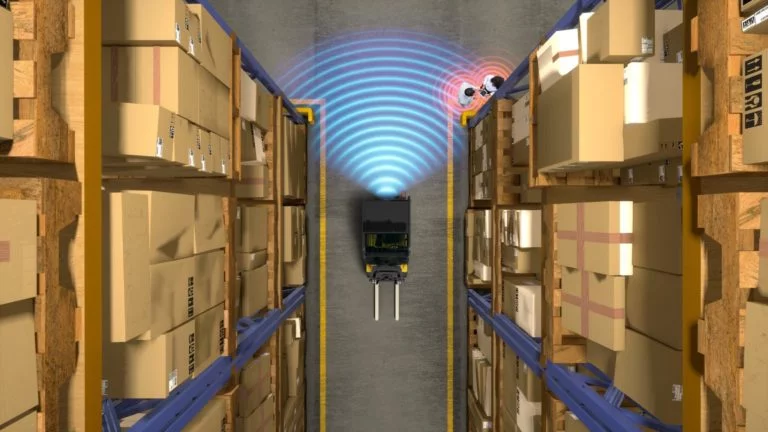Despite a promising start to the year and a positive development in sales, Interroll is lowering its outlook for operating profit in the first half of 2022.
With a good start to the 2022 financial year, Interroll had initially assumed a further recovery trend in the markets following the COVID-19 pandemic and increasingly improved availability of materials. However, the supply chain situation again deteriorated in the second quarter of 2022, related in part to the strict COVID-19 lockdown in China. In this context and due to the war in Ukraine, Interroll also noted a number of project postponements by customers and end users. This is due to their impaired supply chains, postponements in installation or short-term adjustments in investment activity. It should be emphasized that, with a very high order backlog, project cancellations for Interroll have so far occurred only to a very limited extent.
The price increases implemented in 2021 will also have a delayed effect due to the continuing high order backlog. The operating result announced for the first half of 2022 on the occasion of the publication of the 2021 annual results on March 18, 2022 will therefore be lower than in the second half of 2021. Due to a time horizon that is difficult to assess with regard to normalization of the situation, Interroll is currently refraining from providing an outlook for the full 2022 financial year. In the medium term, however, the company sees all fundamental trends for global demand for material-handling solutions remaining intact and is appropriately prepared for future growth with a leading technology platform and capacities.













